Best Orthopedic Hospitals in India
India’s premier orthopedic hospitals stand at the forefront of musculoskeletal care and medical innovation, offering advanced solutions for bone, joint, and spine conditions with a focus on safety, comfort, and outstanding clinical outcomes. Accredited by leading bodies such as JCI and NABH, these institutions uphold rigorous standards of quality and patient safety comparable to top Western facilities. Patients benefit from cutting-edge technologies—including robotic-assisted surgery, computer navigation, and minimally invasive procedures—that enable precise diagnoses and faster recoveries. Every stage of the treatment journey is supported by multilingual expert teams, streamlined appointment booking, and coordinated travel and accommodation assistance, ensuring that individuals from any background feel confident and well-cared-for.
Transparent pricing provides clarity and peace of mind, while treatment costs remain significantly lower than in many Western countries—delivering unprecedented value without compromise. Hospitals craft personalized care plans for each individual, addressing needs ranging from joint replacement (Knee & Hip Replacement), spinal therapy, and sports injury management, to complex trauma and congenital conditions. Comprehensive rehabilitation programs, pain management, and remote telemedicine follow-up enable optimal recovery, supported by compassionate staff every step of the way. With globally trained orthopedic specialists, world-class infrastructure, and a dedication to accessible healthcare, India offers an unrivaled environment for those seeking excellence, affordability, and seamless support throughout their medical journey.
To further simplify your healthcare experience, we assist in finding suitable accommodation close to the chosen hospital, ensuring convenience and comfort for both patients and families. Our team offers full visa support and guidance throughout the travel process, minimizing paperwork and uncertainty. Upon arrival, dedicated on-ground staff provide personalized assistance—from airport pickups and hospital navigation to local arrangements—so you can focus fully on recovery. This holistic approach ensures every aspect of your medical trip is managed with professionalism and care, making quality orthopedic treatment in India accessible, stress-free, and truly patient-centered.
Get a free cost estimate
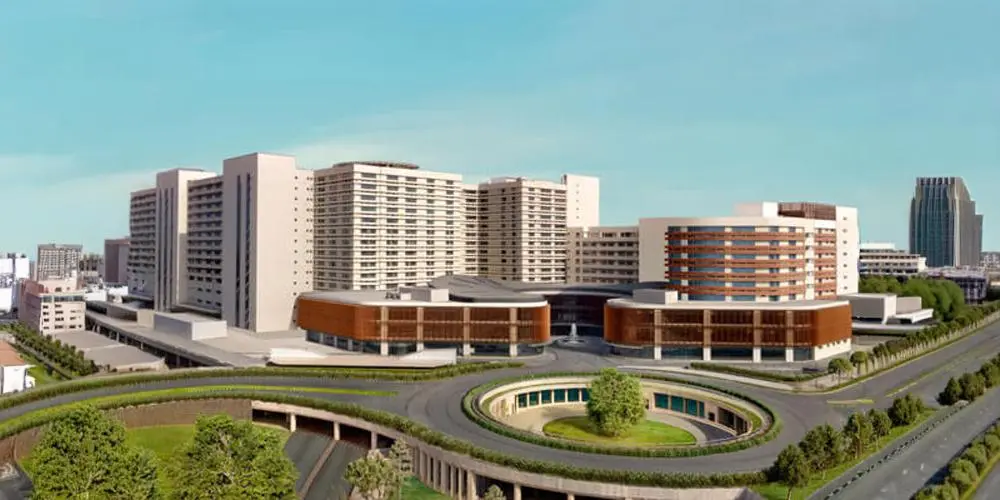
Amrita Hospital, Faridabad
Faridabad, India2600+ Bed Capacity 534 Critical Care Beds 81 SpecialitiesAmrita Hospital, Faridabad stands as a beacon… View More
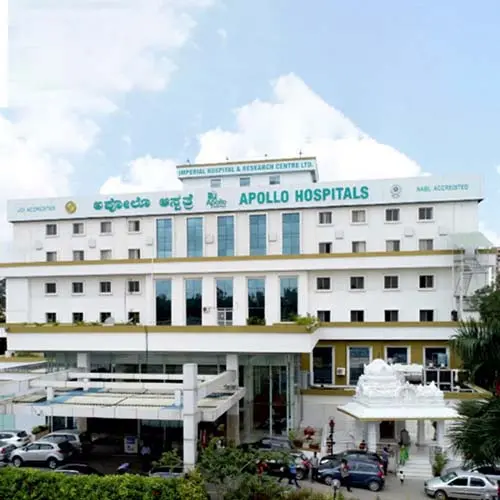
Apollo Hospitals, Bannerghatta Road, Bangalore
Bangalore, IndiaApollo Hospitals Bannerghatta Road is a renowned multi-specialty hospital in Bangalore, known for its excellence… View More
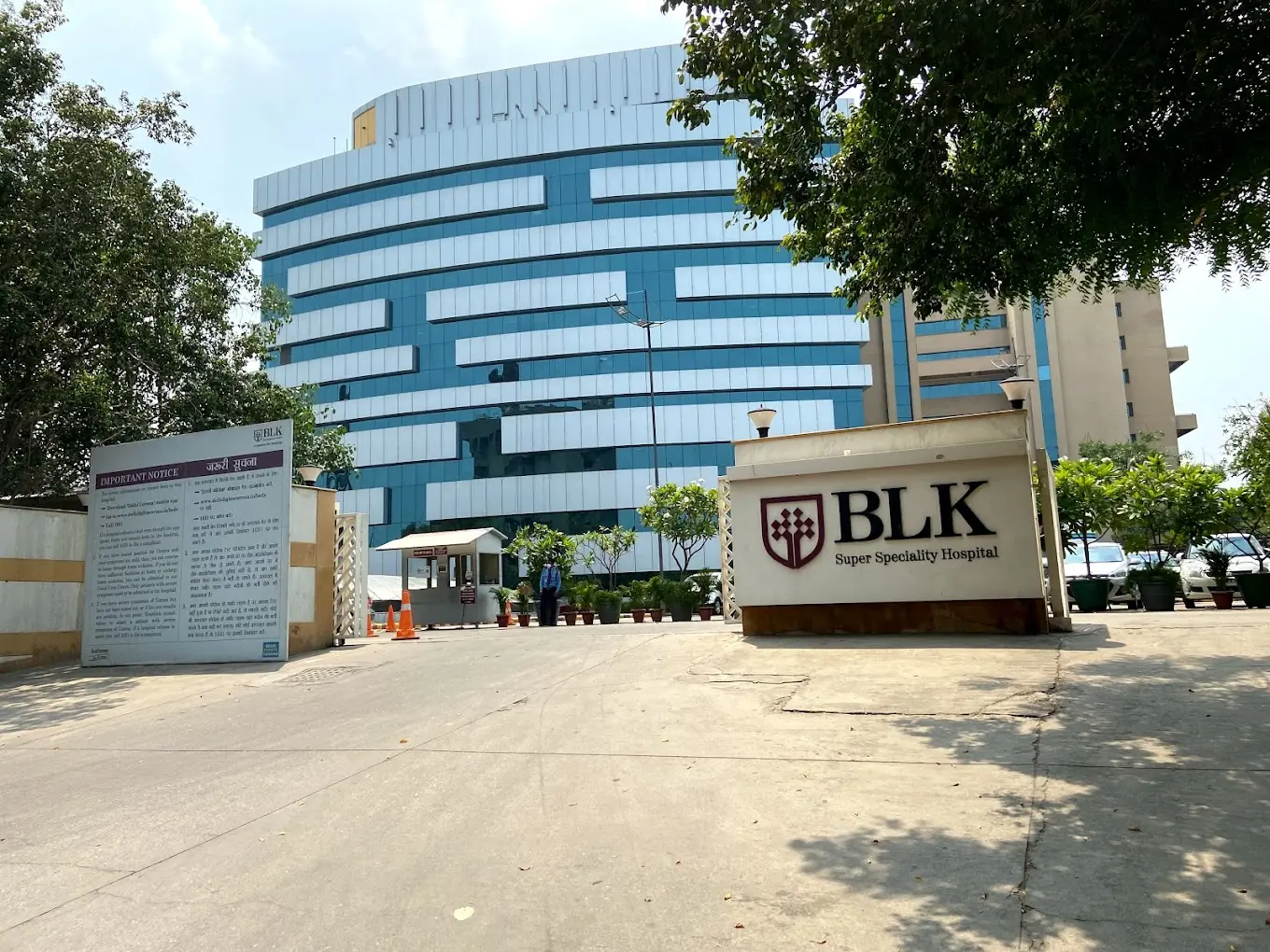
BLK-Max Super Speciality Hospital, Delhi
Delhi, IndiaBLK-Max Super Speciality Hospital, part of India’s largest healthcare network, spans an impressive 650,000 square… View More

Apollo Hospitals, Greams Road, Chennai
Chennai, IndiaEstablished in 1983, Apollo Hospitals on Greams Road in Chennai stands as the flagship hospital… View More
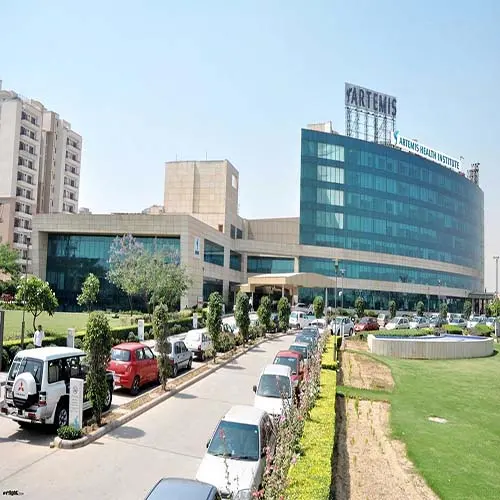
Artemis Hospital, Gurgaon
Gurgaon, India400+ Full-Time Doctors 12 Centers of Excellence 40+ SpecialtiesArtemis Hospital is a renowned multi-specialty hospital… View More
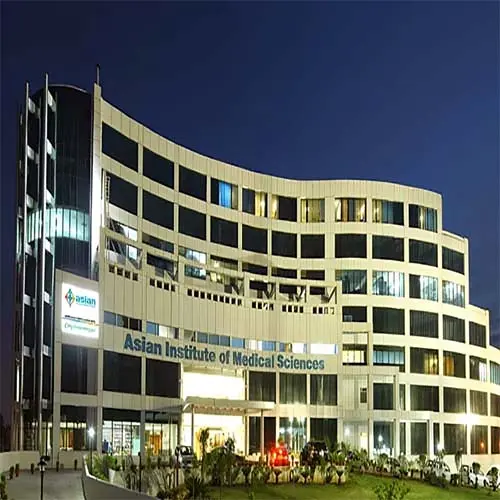
Asian Institute of Medical Science, Faridabad
Faridabad, IndiaThe Asian Institute of Medical Science is a top healthcare facility renowned for its excellence… View More
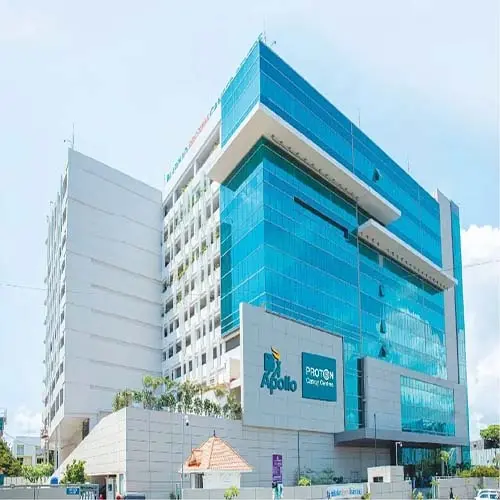
Apollo Proton Cancer Centre, Chennai
Chennai, IndiaThe Apollo Proton Cancer Centre (APCC) is India’s first and only dedicated proton therapy center… View More
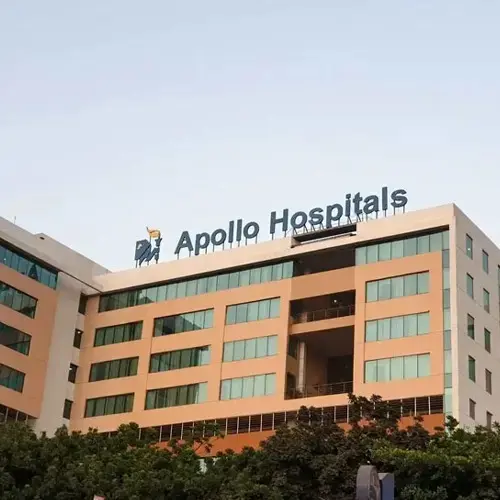
Apollo Hospital, Navi Mumbai
Navi Mumbai, IndiaApollo Hospitals in Navi Mumbai stands as one of Maharashtra's most advanced multi-speciality tertiary care… View More
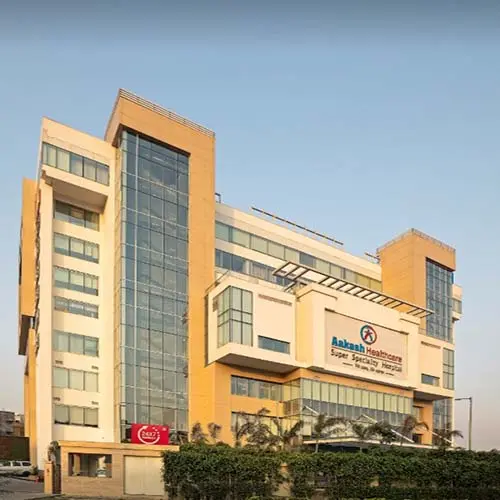
Aakash Healthcare Super Speciality Hospital, Dwarka
New Delhi, IndiaAakash Healthcare Super Speciality Hospital, a 230-bed tertiary care facility located in Dwarka, NCR of… View More
Book Appointment Chat Now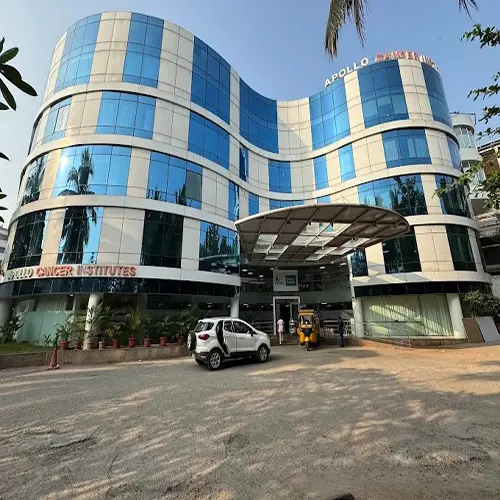
Apollo Hospitals, Jubilee Hills, Hyderabad
Hyderabad, IndiaApollo Hospitals, Jubilee Hills, Hyderabad is one of the flagship institutions of the Apollo Hospitals… View More
FAQs
The most common orthopedic conditions treated in India are:
- Arthritis
- Joint pain and degeneration
- Sports injuries
- Spinal disorders
- Bone fractures
- Congenital deformities
- Osteoporosis and osteopenia
- Soft tissue injuries
Orthopedic surgery is needed if you experience:
- Constant pain that does not improve with rest or non-invasive treatments, such as physical therapy or medications.
- Joint function is severely limited, affecting daily activities like walking or climbing stairs.
- Joint instability or deformity, such as that caused by fractures or arthritis.
- Conservative treatments have failed, and there is evidence of joint degeneration or damage, as shown in X-rays or MRI scans.
- If you have a sports injury or one sustained from an accident, which could require surgery for complete recovery.
Types of joint replacements surgeries are available in India are:
- Knee replacement
- Hip replacement
- Shoulder replacement
- Elbow replacement
- Ankle replacement
The recovery time for knee replacement is about 3-6 months and for hip replacement is about 3-6 months.
The success rate for orthopedic surgeries such as knee replacement is about 90-95% and for hip replacement it is about 85-95%.
The recovery time for spinal surgery is about 6 months to 1 year.
Post-operative rehabilitation or physical therapy is a crucial part of the healing process after orthopedic surgery and helps in regaining function. It generally includes:
- Strengthening exercises- to rebuild muscle strength around the joint or spine.
- Range-of-motion exercises- to prevent stiffness and improve flexibility.
- Balance and walking exercises- to regain mobility and prevent falls.
- Pain management techniques- (e.g., hot/cold therapy, massage) to alleviate post-operative pain.
- Education- on methods to protect the joint from unnecessary stress on the newly constructed joint or spine.
